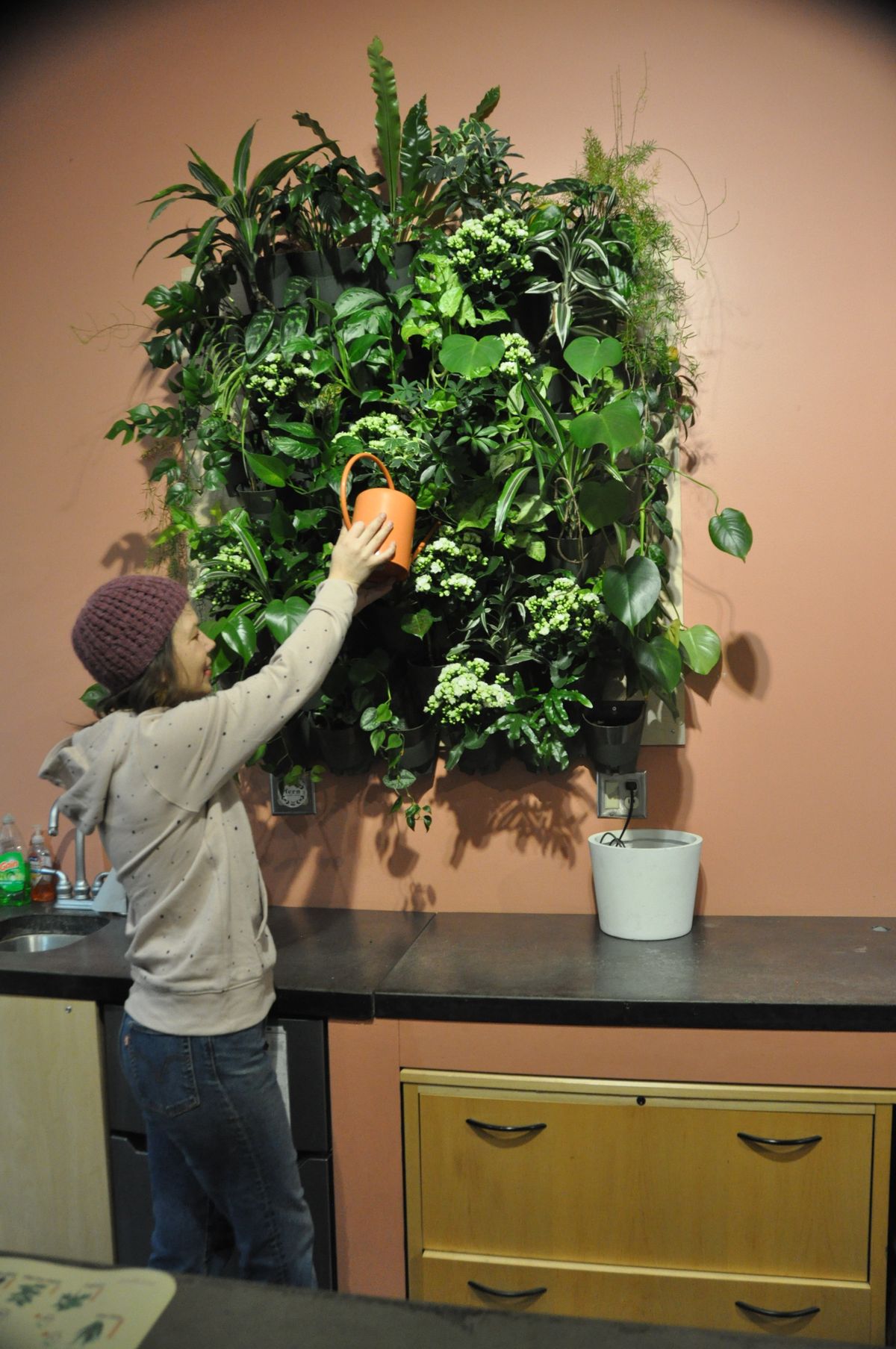Gardening: Houseplants can help get gardeners through the winter

On a recent cold and sloppy day, I made the rounds of several locally owned houseplant shops to pull myself out of the “already too much winter” doldrums.
Tired of picking my way through ice patches wearing three layers of jackets, I needed a pick-me-up. This will be the first of two articles over the next couple of weeks on houseplants.
For Amy Dolomont, co-owner of Fern Plant Shops in Spokane and Coeur d’Alene, interest in growing houseplants increased during the pandemic. From Dolomont’s perspective, interest in houseplants never went away after the 1960s and ’70s but laid low until the pandemic.
“After everyone found themselves at home, growing plants was something to do, something to look after and something to talk to,” she said.
Dolomont also said she believes houseplants serve other important roles in our lives.
“Plants are eco-friendly and give people a chance to do something that’s healthy for the environment.”
Research shows that being around plants of any kind is good for our mental and physical health. Humans tend to relax when they are around plants. Houseplants are an alternative for apartment dwellers who don’t have access to a backyard. In the current state of the housing market, in which people are finding it difficult to move up to someplace with garden space, houseplants fill a need.
Even if you think you have a black thumb, there’s a houseplant out there for you.
For Chrystal Priel of the Plant Project, black thumbs can turn into green thumbs with a little education and the right plant choice. Plants like snake or mother-in-law’s tongue, pothos and vining philodendrons are good starts.
“They are forgiving and adaptable to many different situations in a house,” Priel said.
For her, it boils down to experimentation.
Do you forget to water plants? Then choose cacti, jade plants or other succulents that can go for a while without additional water. Don’t have a place in your house with good light? Pick plants that do well in low light. Don’t know how to tell the difference between low and bright light? Visit a locally-owned plant shops and talk to their insightful staff.
“We are here to help,” Katie Shipman of Planted in Spokane Valley said. “We want you to succeed.”
While you might just want to pick up an easy-care houseplant to keep you company, other plant connoisseurs have taken plant collecting to a higher level. Many of these collectors follow growers online waiting for the next rare variety of a plant to come onto the market. Others use social media to arrange trades of plants and cuttings through networks of enthusiasts. Prices for some of the rare plants can go into five digits and thefts of rare plants are not unheard of. Would you pay $18,000 for a plant? Somebody in Seattle did recently.
Next week’s article will be on the nuts and bolts of choosing and caring for houseplants. Stay tuned.